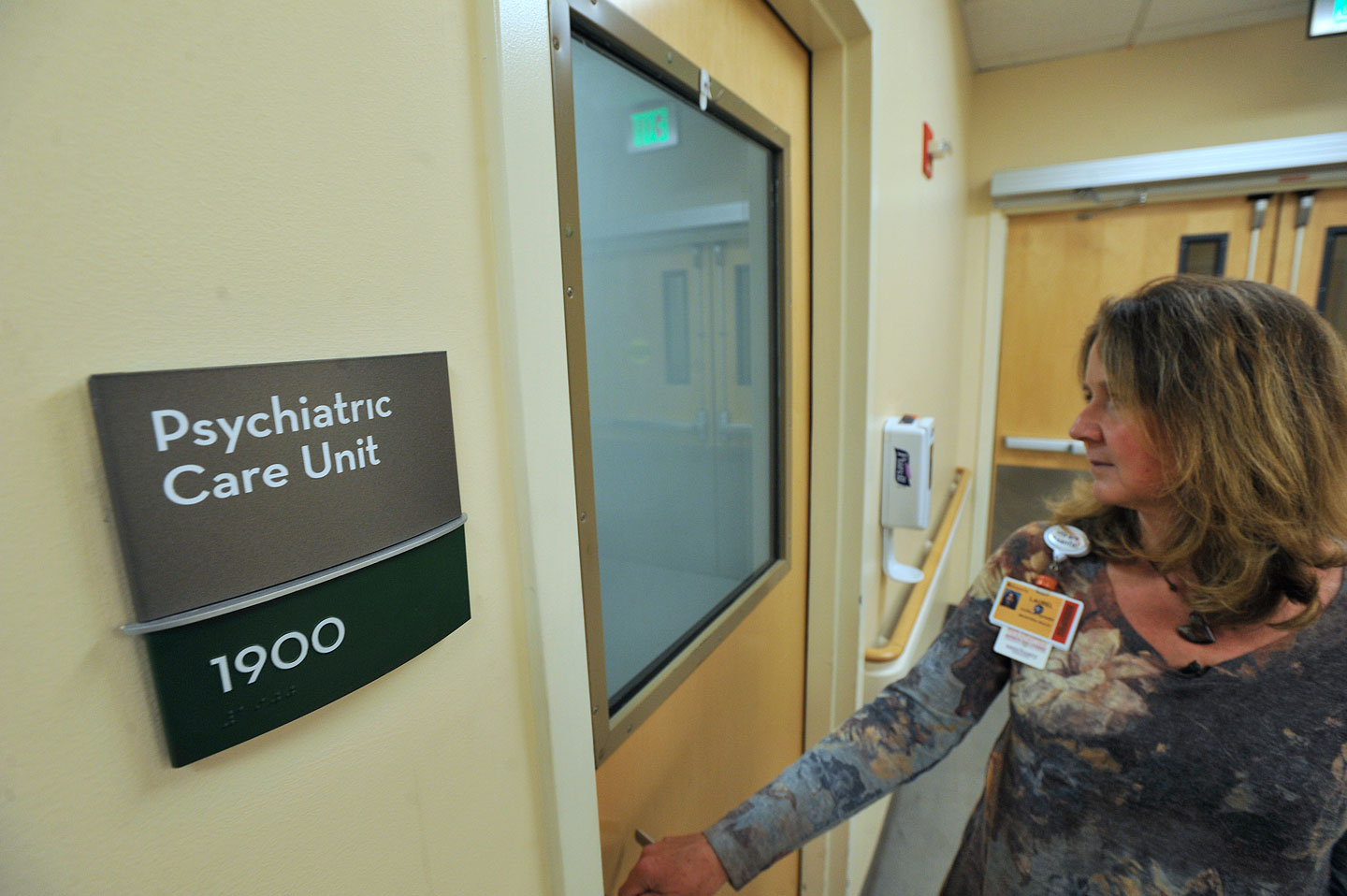Gif

Part One

Oregon’s extremely high bar for civil commitment kept a local mother from sending her mentally ill son to the state hospital to receive the treatment he needed. Then on Nov. 6, 2016, her son, Pedro Sabalsa-Mendez, stabbed 20-year-old Avi Feldman to death at an Ashland party while under the delusion he was working for the CIA. Could this murder have been prevented? Absolutely, say those fighting for reform.
Commitment vs. rights
Part Two

Most people who try to have someone committed in Oregon fail. Verbal threats are not enough to prove danger. If families are lucky enough to get a hearing, the information they provide about years of problems seems to be disregarded in favor of the mentally ill person’s current condition. And many mentally ill people are good at “faking it” when they need to.
Nowhere to go
Part Three

Many people with severe mental illness are homeless, cycling through jail or filling up hospital emergency rooms and the limited number of psychiatric beds at local hospitals such as Asante Rogue Regional Medical Center. “Frequently there are no beds in the state of Oregon,” says RRMC’s Laurel Nickels. “People are boarding in the emergency department because there are no beds.”
Solutions start at home
Part Four

Jackson County residents are taking action to intervene and get more help for mentally ill people, including through the creation of a Mental Health Court that stops people from cycling through jail, the streets and emergency rooms. Meanwhile, some families frustrated by Oregon's high commitment standards have found a different path.